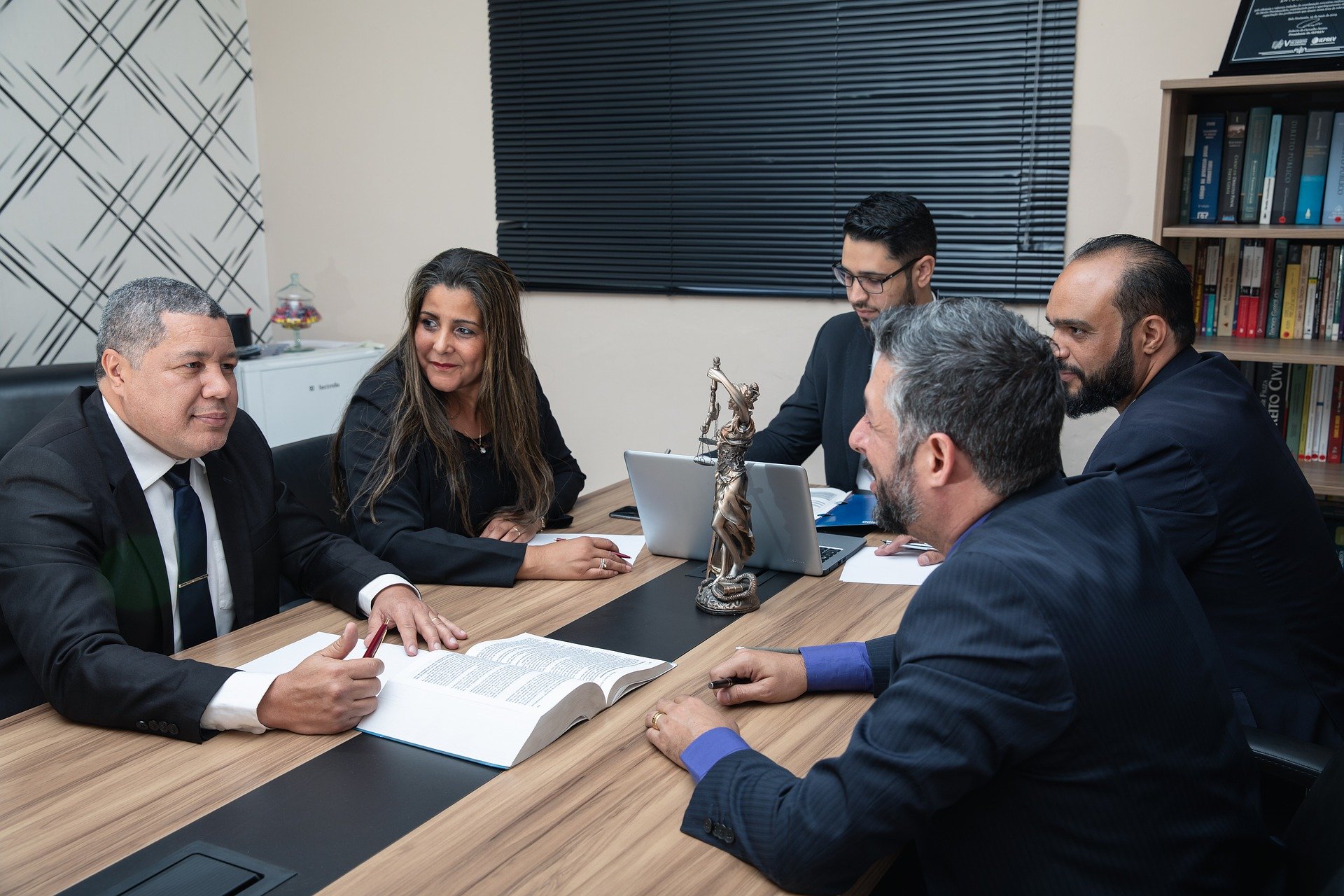

First off, what do we mean by dispute resolution? Dispute resolution is a term that refers to a number of processes that can be used to resolve a conflict, dispute, or claim between parties, including litigation, mediation, arbitration, and negotiation, or informal dispute resolution. Problems and differences in construction and business are going to happen; it’s how you handle them and how you protect yourself on the front end that can make a world of difference!
Throughout our blogs this month, we will thoroughly explain all of your options in settling potential conflicts and disputes, as well as how to approach them in your construction contracts and subcontracts.
We are going to discuss informal dispute resolution first. This will usually be the easiest and least expensive option you can use to resolve a dispute. Let’s dig into understanding dispute resolutions!
Informal dispute resolution can be accomplished through an attorney, or between parties. This process usually happens before a formal dispute resolution, such as litigation, arbitration, or mediation. If informal dispute resolution is successful, parties have solved their conflict without the need to attempt a more formal dispute resolution process.
In the informal dispute resolution process, there is generally written communication exchanged between the parties, both identifying their position in the dispute and what they desire in exchange for fully resolving the dispute. This can be as formal as a demand letter drafted by an attorney, or as informal as an email exchange between the parties. Some individuals prefer to avoid the legal dispute resolution process as a whole and opt to try to resolve the issue without paying the costs associated with these remedies. Once the parties have been able to reach an agreement between themselves or their counsel, formal settlement documents are then drafted and executed. These documents generally include mutual releases, anti-disparagement clauses, and even non-disclosure agreements.
Informal dispute resolution has the potential to resolve the conflict between the parties quicker than any of the other more formal dispute resolution processes. While this process can be handled without an attorney, it is highly recommended that you seek the assistance of counsel. A licensed attorney can help ensure that the proper releases and settlement agreements are obtained to ensure true finality of the situation. In the event you enter into a settlement without the proper releases, there is potential that you can be liable again for the same dispute that you believed had already been resolved.
In our next blog, learn about another type of dispute resolution: mediation.
This blog is part of our 2020 Mastering the Subcontract series. Come back each week as we deep dive and pull apart everything you need to know about a subcontract.
Karalynn Cromeens is the Owner and Managing Partner of The Cromeens Law Firm, PLLC, with over 17 years of experience in construction, real estate, and business law. A published author and passionate advocate for contractors, she has dedicated her career to protecting the businesses her clients have built. Karalynn is on a mission to educate subcontractors on their legal rights, which inspired her books Quit Getting Screwed and Quit Getting Stiffed, as well as her podcast and The Subcontractor Institute.

